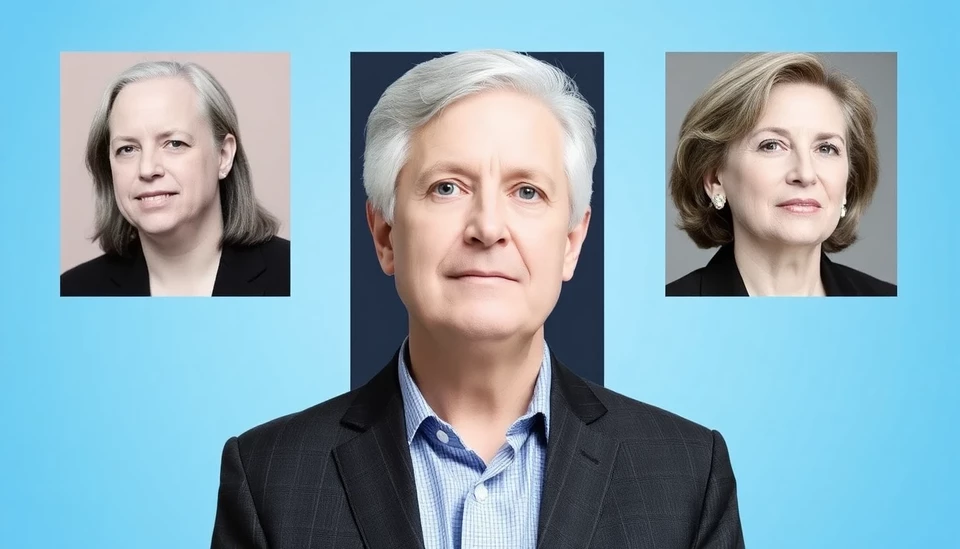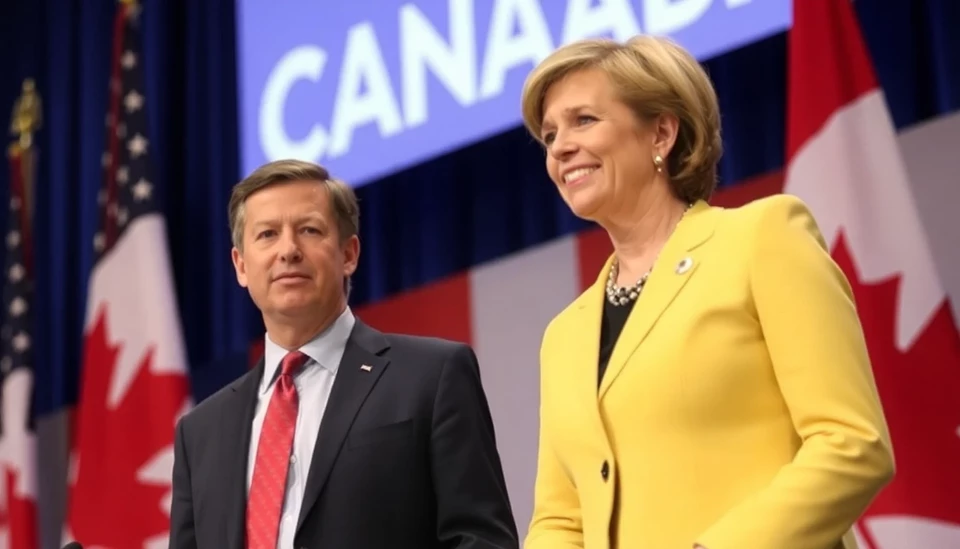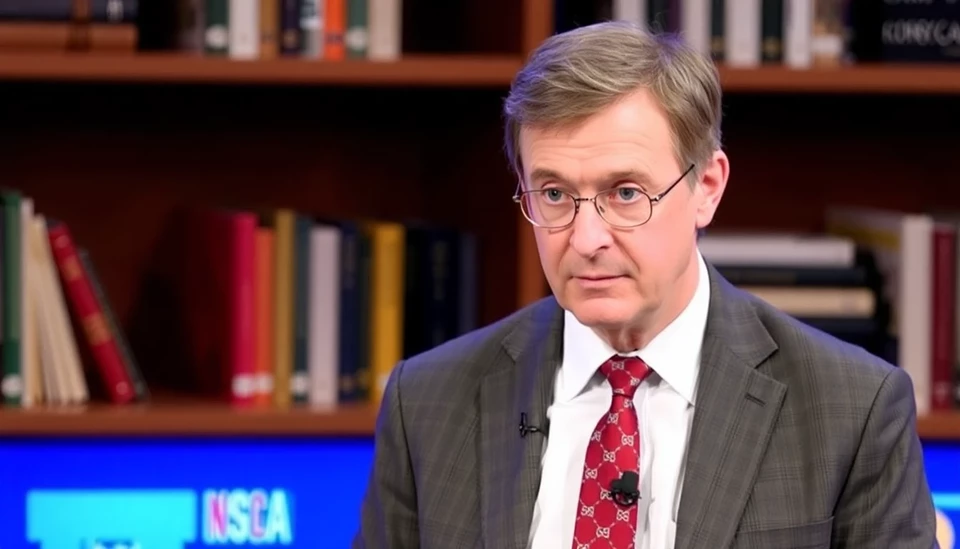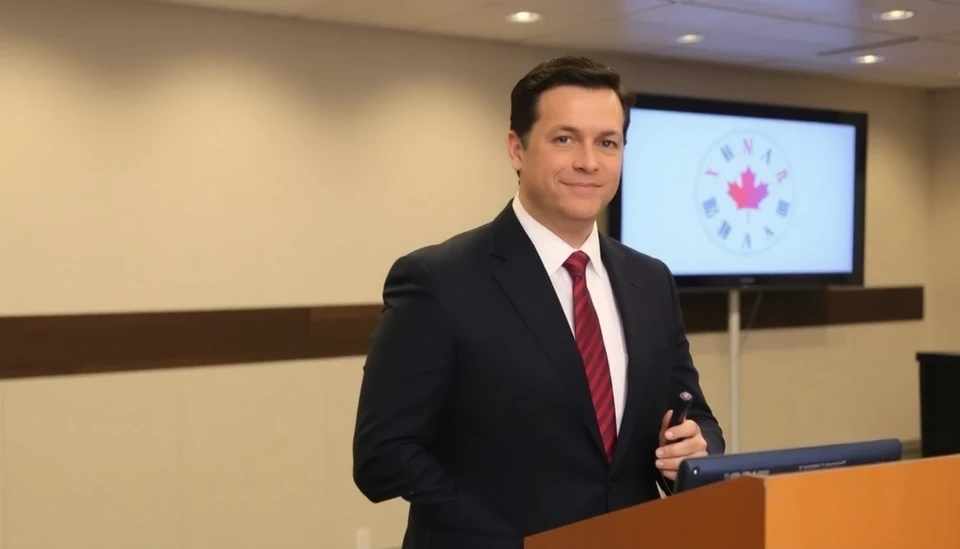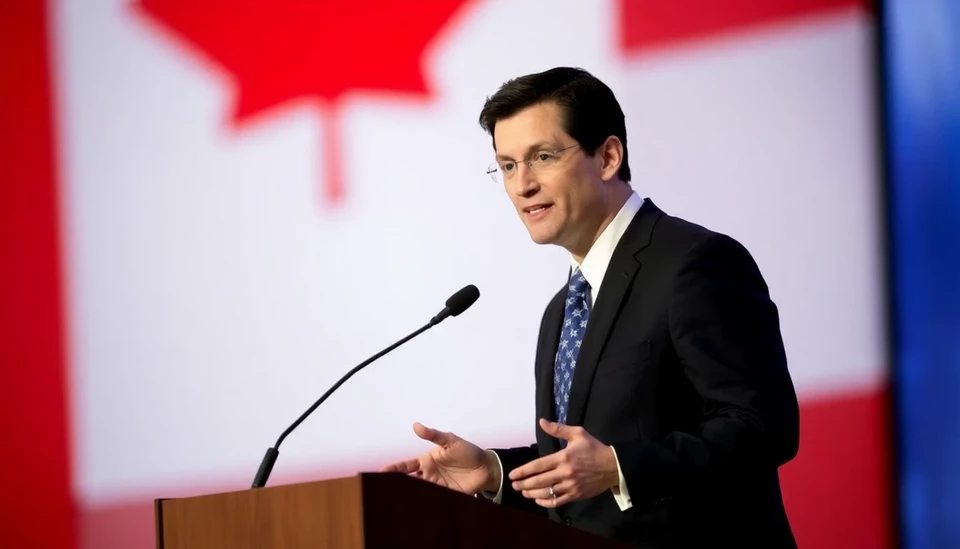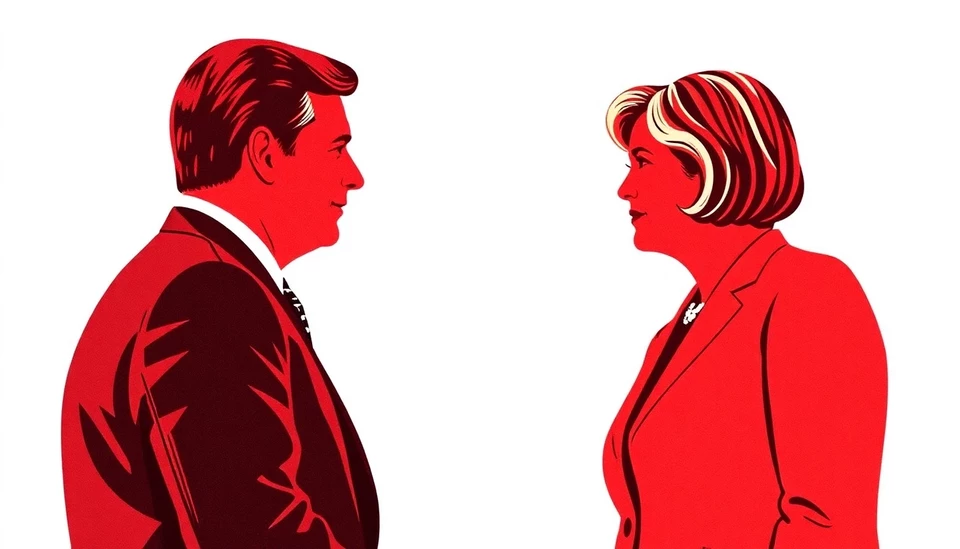
As Canada gears up for its next federal election, political leaders are bracing for a campaign focused heavily on the economy amidst growing pressures from the United States. The struggle for economic recovery and stability is poised to be a pivotal issue, influencing voters as they decide who can best navigate these turbulent waters. With inflation currently running high and the investment landscape increasingly uncertain, candidates are expected to face intense scrutiny over their proposed economic policies.
The looming threat of an economic downturn is further complicated by ongoing geopolitical tensions and international trade dynamics, particularly with its southern neighbor. Canadian leaders are acutely aware that the decisions made in Washington, D.C., have a ripple effect across the border. As such, the election campaign is shaping up to be not just about domestic policy but also about how candidates plan to respond to the external pressures that originate from U.S. economic policies.
Vote-seekers will need to articulate clear and coherent strategies to combat inflation, stimulate growth, and ensure that Canada remains attractive to investors while also addressing the concerns of ordinary voters affected by rising living costs. In this charged political atmosphere, we can expect each party to develop distinct narratives aimed at winning over their respective bases as well as undecided voters. The debate is likely to focus not only on each party’s economic platform but also on its capacity to manage relations with the U.S., especially in light of recent trade disputes and regulatory challenges.
Moreover, the economy's performance is intricately linked to issues such as job creation and social welfare, meaning that discussions will extend beyond mere financial metrics. Canadian citizens are increasingly concerned about how economic policy affects their daily lives—from housing affordability to healthcare access. As candidates step into the spotlight, they will have to address these multifaceted challenges to resonate with the electorate.
Party leaders stand ready to employ various strategies, ranging from tax reforms aimed at stimulating consumer spending to investments in sustainable technologies that promise long-term economic benefits. As the campaign progresses, public sentiment regarding the effectiveness of current leadership will also play a crucial role in shaping the narrative. Experts predict that dialogue over job security, economic innovation, and equitable growth will underscore most discussions as the election date approaches.
In conclusion, with a tightening economic noose courtesy of external pressures and internal challenges, Canada’s upcoming election appears set to be a critical moment in deciding the fate of the nation’s economy. Politicians and voters alike will need to confront complex questions regarding the best way forward in a globally interconnected landscape fraught with uncertainty.
As the political campaign evolves, Canadians will have the opportunity to reflect on their values, priorities, and aspirations for economic resilience in the face of adversity as they head to the polls.
#CanadaElection #Economy #USPressures #EconomicPolicy #PoliticalCampaign #Inflation #JobCreation #TradeRelations
Author: Laura Mitchell
